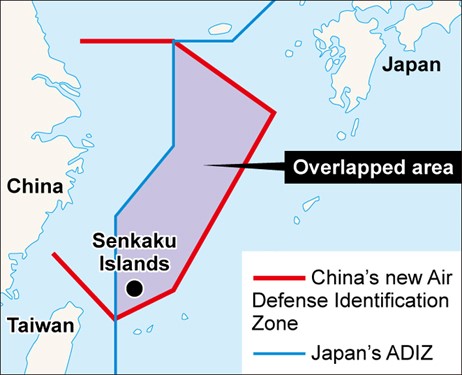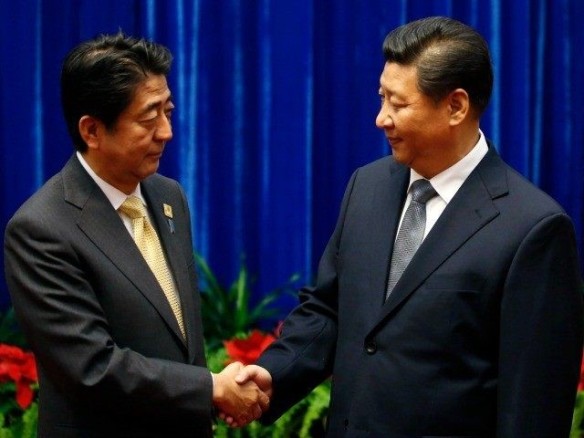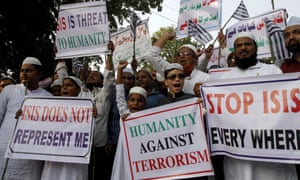Throughout our course of study this semester, we have frequently questioned the impact and significance of international organizations in relation to peacekeeping efforts. How and when are they most effective at mitigating conflict? Often times, the answer is far from clear. Looking at the successful and democratic elections in Liberia, we might conclude that the UN is an effective interventionist in regional conflict. However, in looking at the massacre of Srebrenica, we might conclude exactly the opposite. What then are some indicators of a international organizations merits in relation to proliferating peace? This post examines the success of the European Union.
First, it is crucial for us to recognize that the EU is heavily involved in the peacekeeping mandates of other international organizations. For example, when the united Nations created the Multidimensional Integrated Stabilization Mission in Mali (MINUSMA), many EU member states that are troop-contributing countries (TCC’s) immediately stepped up to bat to help provide support both in terms of logistics and manpower. In August of 2008, the EU led talks between Georgia and Russia, and was able to guide those two nations towards a ceasefire.
However, it is perhaps more important for us to focus on the truly incredible efforts of the European union that led to its receipt of the 2012 Nobel Peace prize. Consider the violence and carnage of the continent of Europe between 1850 and 1950l. World War II alone resulted in nearly 80 million deaths with World War I resulting in nearly 40 million. Over the course of 100 years, Germany and France went to war 3 times, engulfing the continent in chaos and corpses. If one considers the possibility of war between these two nations today however, it is nearly unthinkable. This is a testament to the power of the European union and underscores the significance that economics can play in peacekeeping. The economic and social ties between European nations has grown at an exponential rate over the course of the past half century, accomplishing not only a stronger European economy, but also a stronger sense of shared interests. Said Jean Monnet, a founder of the EU, “It is better to fight around the table than on the battlefield”
This prize is but a bookmark in the many chapters or the unions evolution as perhaps the sole factor contributing to peace on the continent. It testifies not only to the power of diplomacy, but the power of carefully selected shared economic interests. The euro ties many member states together in a way that no other nations could achieve through any number of treaties. Indeed, the shared currency in many ways is a sink together or swim together ultimatum for participating member states. Few would argue that the European nations would have gone to such great lengths to save Greece during its financial crisis if they did not have such vested interest. The drive toward common markets also play a pivotal role as inter state private interests continue to evolve. The structure of the EU makes it comparatively easy to pursue inter-member state business endeavors far simpler than in individual international business. With these joint pressures from both the public and private sectors, governments have almost no choice but to assume diplomatic solutions as the sole method to inter-state conflict. Any action against another state has almost certain impact on the initiator, and indeed the rest of the Union. This incentivized participation and cooperation and strongly discourages dissent. As such, it is clear that economic unions strongly impact international conflict for the better. Some questions to consider researching are:
How might the EU improve its economic integration to further reduce the likelihood of international conflict?
What are ways in which the EU fails to prevent conflict between member states? What is the nature of these conflicts?
What are feasible scenarios in which a member state might act in gross departure from the rest of the Union? What would the impact be on that state and the Union as a whole?
http://www.theguardian.com/world/2012/oct/12/peace-europe-taken-granted
http://www.bbc.com/news/world-europe-20664167
http://mobile.nytimes.com/2012/12/11/world/europe/european-union-officials-accept-nobel-peace-prize.html?referer=&_r=0















